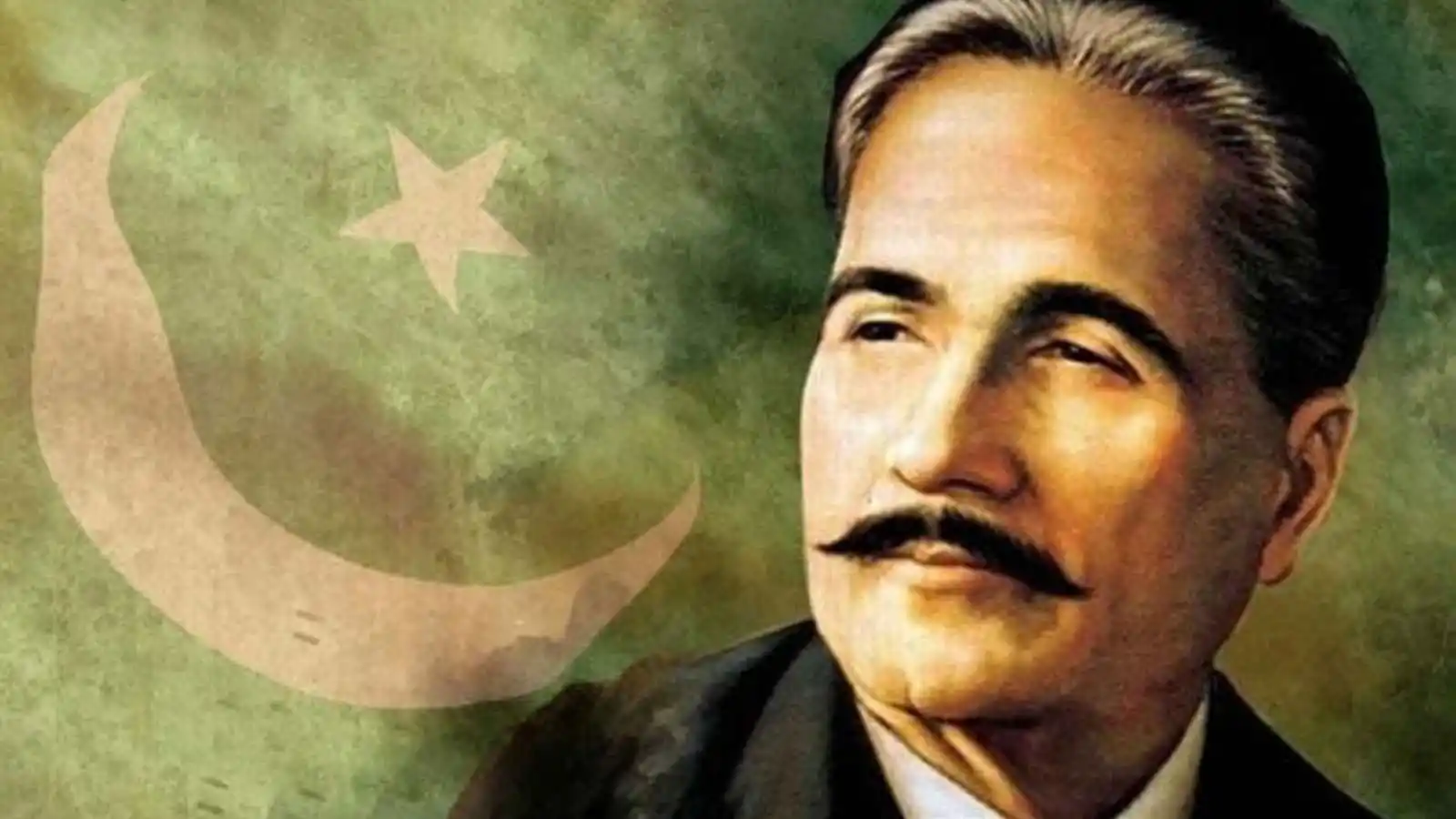Allama Muhammad Iqbal (1877–1938) was more than just a poet—he was a philosopher, thinker, and political visionary whose words inspired generations across the Muslim world. Revered as “Mufakkir-e-Pakistan” (The Thinker of Pakistan) and “Shair-e-Mashriq” (Poet of the East), Iqbal’s poetry and philosophy laid the intellectual foundation for the creation of Pakistan. His legacy lives on as a symbol of self-awareness, spiritual revival, and national identity.
Early Life and Education
Allama Iqbal was born on November 9, 1877, in Sialkot, in what is now Pakistan. His family was devout and deeply rooted in Islamic traditions. From a young age, Iqbal showed a keen interest in literature, particularly Persian and Urdu poetry.
Iqbal earned his first degree in philosophy in Lahore, and later went on to study in Europe. He earned a second degree in philosophy from the University of Cambridge and a Ph.D. from the University of Munich, where he wrote his thesis on Persian metaphysics. His time in Europe exposed him to Western philosophy, but also deepened his connection to Islamic values and identity.
Poetry and Philosophy
Iqbal’s poetry is not merely artistic—it is deeply philosophical, blending elements of Islamic spirituality, self-realization, and political awakening. Writing in both Urdu and Persian, Iqbal used poetry as a vehicle to revive the spirit of the Muslim world, especially in South Asia.
Some of his most famous works include:
- Bang-e-Dra (The Call of the Marching Bell)
- Asrar-e-Khudi (Secrets of the Self)
- Payam-e-Mashriq (Message of the East)
- Bal-e-Jibril (Gabriel’s Wing)
- Zarb-e-Kalim (The Rod of Moses)
His concept of “Khudi” (selfhood) emphasized personal development, spiritual awakening, and the realization of one’s potential—ideas that empowered Muslims to reclaim pride in their identity.
Political Vision and the Idea of Pakistan
Allama Iqbal is widely regarded as the spiritual father of Pakistan. In his historic 1930 address at Allahabad, he proposed the idea of a separate homeland for Muslims in the Indian subcontinent. He believed that Muslims were a distinct nation, not just in religion but in culture, values, and history.
Iqbal didn’t live to see the creation of Pakistan in 1947, but his ideas laid the intellectual groundwork that influenced leaders like Muhammad Ali Jinnah and fueled the Pakistan Movement.
Legacy and Influence
Allama Iqbal’s influence extends far beyond borders:
- He is celebrated every year on Iqbal Day (November 9) in Pakistan.
- Countless institutions, roads, and landmarks are named after him, including Allama Iqbal International Airport and Iqbal Open University.
- His poetry is still taught, recited, and referenced across Urdu and Persian literature circles.
- His vision continues to inspire debates on identity, unity, and spiritual development among Muslims worldwide.
Final Thoughts
Allama Iqbal was not just a poet or political thinker—he was a beacon of hope in a time of colonial oppression and identity crisis. He awakened a sleeping nation with his words and gave them a dream to believe in. Today, his legacy endures in every corner of Pakistan and the wider Muslim world.
In his own words:
“Khudi ko kar buland itna ke har taqdeer se pehle,
Khuda bande se khud pooche, bata teri raza kya hai.”
(Elevate yourself to such heights that before every destiny,
God Himself will ask you, what is your desire?)



